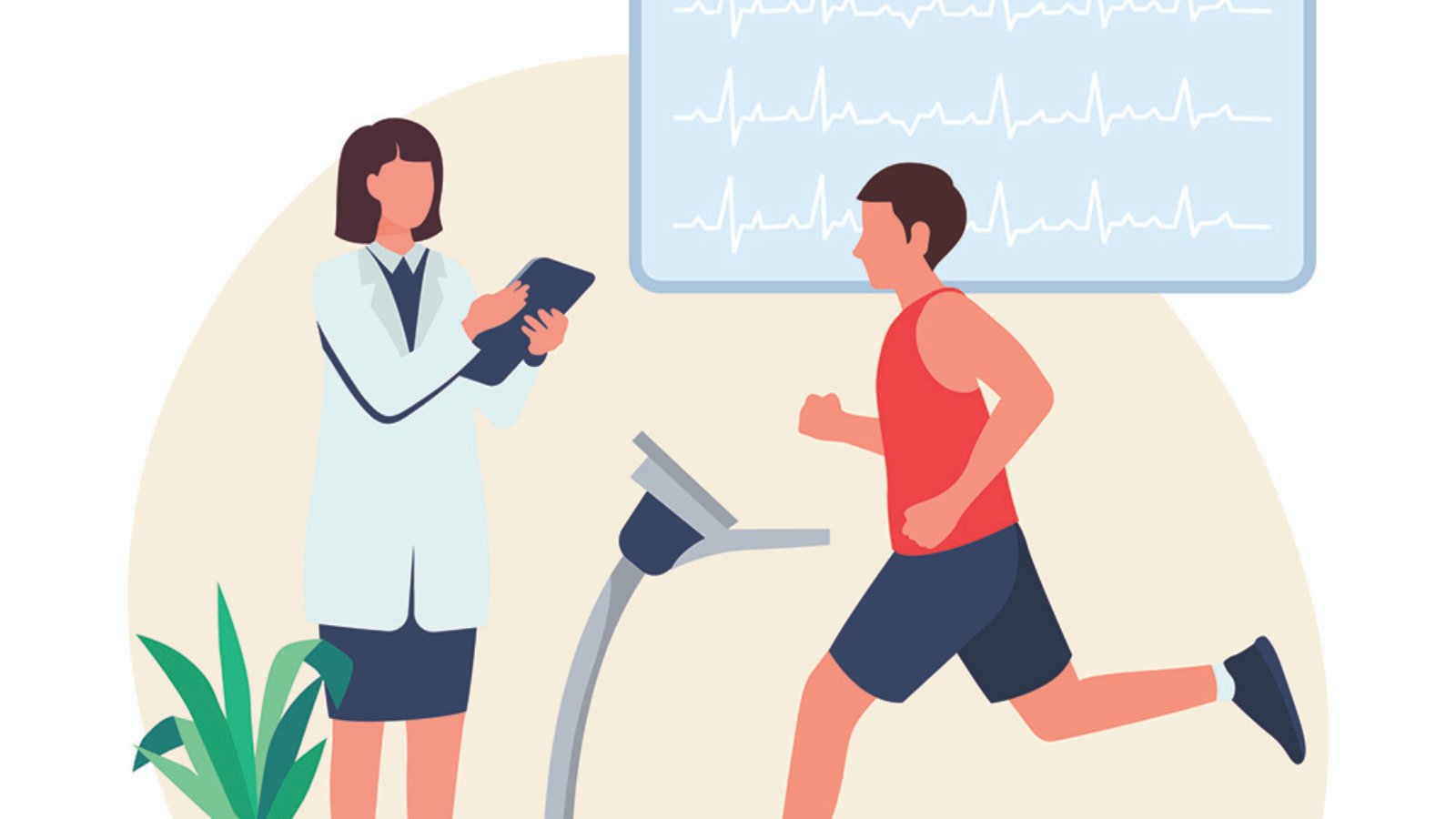Heart Rate Variability (HRV) is one of the best ways to measure your stress levels while studying. Here’s what students need to know about HRV and stress:
What is HRV?
HRV measures the time between your heartbeats. When you’re relaxed, these gaps vary slightly. When you’re stressed, the gaps become very regular. Think of it like music – a relaxed heart has a natural rhythm, while a stressed heart beats like a strict metronome.
Why HRV Matters for Students
High HRV means you’re mentally ready to learn. Your brain is alert but calm, making it easier to:
– Remember what you study
– Understand complex topics
– Stay focused longer
– Make better decisions
When HRV is low, you might notice:
– Trouble concentrating
– Poor memory
– Feeling overwhelmed
– Mental fatigue
How Intellemize Uses Your HRV
Our app measures your HRV through your wearable device and tells you:
– Your best times to study
– When you need a break
– If you’re too stressed to learn effectively
– The right time to do challenging work
Simple Ways to Improve Your HRV
1. Take slow, deep breaths for 5 minutes
2. Get regular sleep
3. Exercise moderately
4. Stay hydrated
5. Take proper breaks while studying
The Bottom Line
By watching your HRV, you can study when your brain is ready to learn. This means better grades with less stress and wasted time. Think of HRV as your body’s way of telling you when to push forward and when to take a break.
Real-World Example
When Sarah’s HRV showed she was stressed, she took a 15-minute break. After returning to study, her comprehension improved by 40%. This simple awareness helped her ace her finals while feeling less overwhelmed.
Remember: Good HRV = Better Learning
Using Intellemize to track your HRV helps you study smarter, not harder. Let your body’s natural signals guide your study schedule for the best results.

